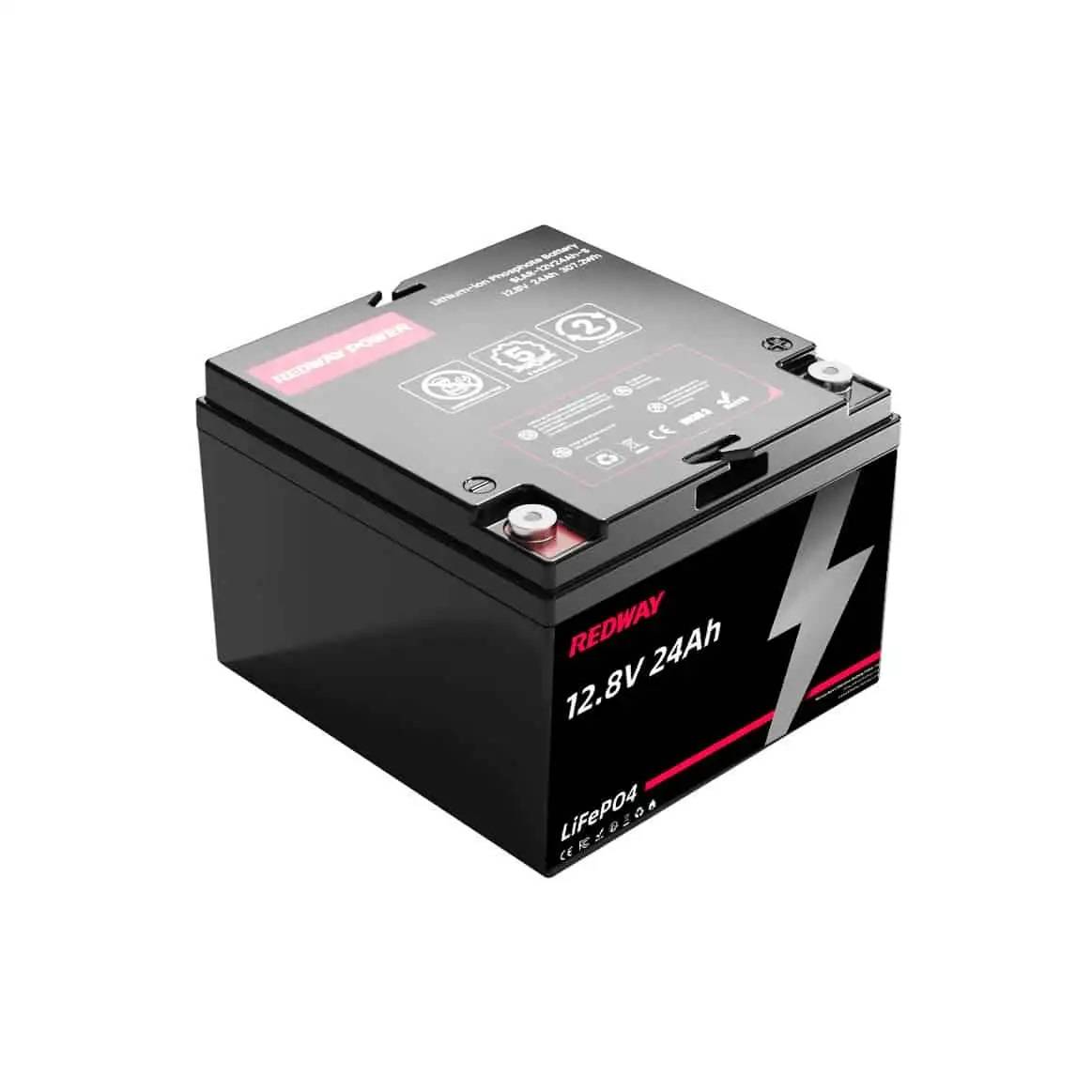Inverters are a game-changer when it comes to ensuring an uninterrupted electricity supply. If you’re considering parallel connecting your 5kVA inverter, you’re on the right track! Let’s delve into the world of inverters, understand what a 5kVA inverter entails, and explore how to parallel connect them for maximum power output. Prepare to supercharge your energy needs like never before!
Understanding Inverters and Their Uses
Inverters are sophisticated electronic devices that convert direct current (DC) electricity into alternating current (AC). This conversion is essential for powering various electrical appliances, ensuring a smooth flow of power whether you’re facing outages or operating in off-grid settings. Inverters come in various sizes and capacities, accommodating needs from small residential units to large industrial systems.
Their versatility makes them suitable for numerous applications, including solar power systems, backup generators, RVs, boats, and more. By transforming DC energy from batteries or solar panels into AC power, inverters facilitate the efficient use of renewable energy sources. Understanding how inverters operate and their applications can empower you to make informed decisions about your power supply system.
What is a 5kVA Inverter?
A 5kVA inverter is a power conversion device designed to convert DC electricity into AC electricity with a capacity of 5000 volt-amps. This means it allows your battery or solar power system to operate household appliances that require AC power. The 5kVA inverter is particularly valuable for backup power systems, off-grid living, or even as a primary energy source.
Compared to smaller inverters, the 5kVA model can handle higher loads, offering greater flexibility and reliability for powering multiple devices simultaneously. Whether you need to stay connected during blackouts or aim for sustainable living off the grid, a 5kVA inverter is a robust solution for maintaining operational continuity.
Benefits of Parallel Connection for Inverters
Parallel connection of inverters presents several advantages, significantly enhancing the performance and efficiency of your power system. By connecting multiple inverters in parallel, you can boost the total power capacity to meet elevated energy demands, which is especially useful when a single inverter might not suffice.
Increased Power Capacity
Parallel connection enables you to increase the total power output by combining the capacities of each inverter. This setup is ideal for scenarios requiring more power than a single unit can provide.
Improved Load Distribution
Distributing the workload among parallel-connected inverters enhances overall system reliability and reduces the strain on individual units. This distribution helps prevent overheating and potential failure of any single inverter.
Greater Flexibility and Scalability
Parallel connection allows for the modular expansion of your power system. As energy needs grow, additional inverters can be integrated seamlessly into the existing setup, offering a scalable solution without necessitating a complete system overhaul.
Incorporating parallel connection into your inverter setup leads to enhanced performance, increased reliability, and superior versatility for powering various electrical loads efficiently.
Step-by-Step Guide on How to Parallel a 5kVA Inverter
Decided to parallel connect your 5kVA inverters? Follow this straightforward guide to achieve optimal results:
1. Ensure Compatibility
Ensure that both inverters are of the same make and model. Compatibility is crucial for successful parallel operation.
2. Switch Off and Disconnect
Turn off both inverters and disconnect any loads or batteries to ensure safety during the connection process.
3. Connect the Terminals
Using appropriate cables, link the positive terminals of both inverters together. Repeat this process for the negative terminals.
4. Power Up and Configure
Turn on each inverter one at a time. Set them to ‘parallel mode’ if applicable and check the display panels for any error messages before proceeding.
5. Introduce Loads Gradually
Introduce loads incrementally to test if the inverters are working together correctly. Monitor voltage levels and adjust settings as needed.
Always refer to your inverter’s manual for model-specific instructions and safety precautions.
Precautions and Safety Measures When Parallel Connecting Inverters
Safety is paramount when parallel connecting inverters. Adhere to these precautions to ensure a safe and effective setup:
1. Follow Manufacturer’s Instructions
Carefully read and adhere to the manufacturer’s guidelines for your specific 5kVA inverter model to avoid operational issues.
2. Verify Specifications
Ensure all inverters have identical specifications and ratings to prevent inefficient operation or potential damage.
3. Secure Connections
Double-check that all connections are tight and secure. Use proper insulation materials on exposed wires to mitigate electrical hazards.
4. Ensure Adequate Ventilation
Inverters generate heat during operation. Proper ventilation is essential to prevent overheating and extend the lifespan of your equipment.
Troubleshooting Common Issues with Parallel Connected Inverters
Even with multiple inverters connected in parallel, certain issues might arise. Here’s how to troubleshoot common problems:
1. Load Distribution Imbalance
If there’s an imbalance in load distribution, verify that each inverter is connected to a similar load to ensure balanced operation.
2. Mismatched Settings
Check for discrepancies in settings or configurations among the inverters. Ensure all units operate at consistent frequencies and voltages.
3. Faulty Cables or Connections
Inspect cables and connections for faults. Replace any damaged cables and address loose connections to restore proper synchronization.
4. Seek Professional Assistance
If persistent issues occur despite troubleshooting, consult a qualified technician familiar with parallel-connected systems. Always prioritize safety when dealing with electrical components.
Conclusion: Is Parallel Connection Worth It for Your 5kVA Inverter?
Parallel connecting your 5kVA inverter can significantly enhance power capacity and system flexibility, making it a valuable option in various scenarios. Consider compatibility, safety measures, and specific requirements before proceeding with parallel connections. By following the provided guidelines and precautions, you can achieve a smooth and efficient operation.
In summary, parallel connection can be highly beneficial for your 5kVA inverter if executed correctly. Evaluate your needs and weigh the advantages against potential risks to make an informed decision that best suits your power requirements.



